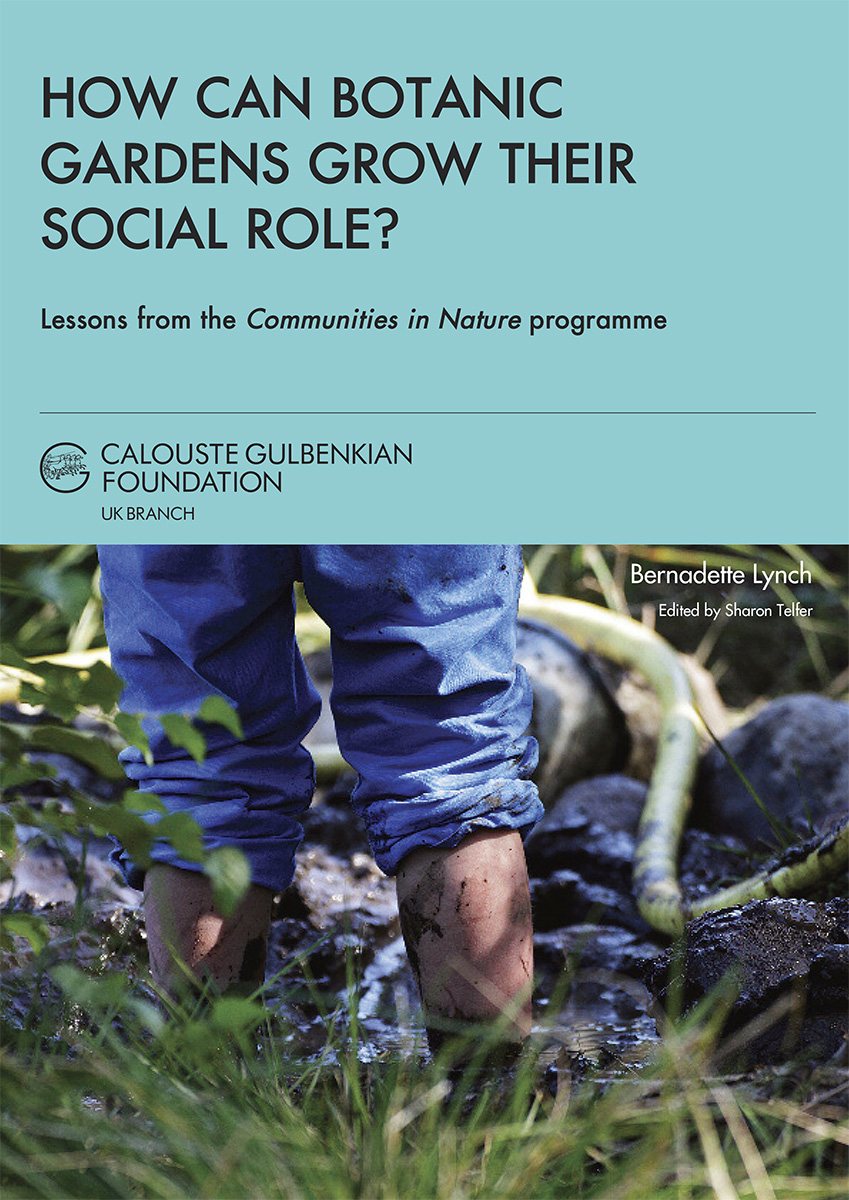How can botanic gardens grow their social role?

Lessons from the communities in nature programme
Botanic gardens are under growing pressure to put social and environmental responsibility at the heart of their mission. Communities in Nature tested whether gardens could embrace this social role by working with more diverse communities.
Botanic Gardens Conservation International (BGCI) ran the programme between 2010 and 2015, with support from the Calouste Gulbenkian Foundation (CGF).
The programme supported and evaluated pilot projects in six UK botanic gardens. BCGI also produced guidance, began building a community of practice and reviewed its activities so as to offer greater support to gardens growing their social role.
What positive impact did the Botanic Gardens Programme have?
Participating gardens engaged with new audiences, including faith groups, ethnic minority communities, disabled people, people living with dementia, vulnerable young adults, people with substance dependence, and those living in disadvantaged communities. Many gardens found this a revelation. For a number, opening up discussion on organisational and attitudinal change was the main impact. Some now recruit from a more diverse pool of volunteers and engage with a broader range of visitors. Some have set up partnerships with other organisations.
Community participants cited personal benefits ranging from increased self- confidence, to greater connection with nature, to practical skills and learning.
Staff and volunteers welcomed acquiring new skills, including: project management, communication and teaching, flexibility, and working with particular groups. For some, participation marked a personal breakthrough, changing their perceptions.
Download the full report